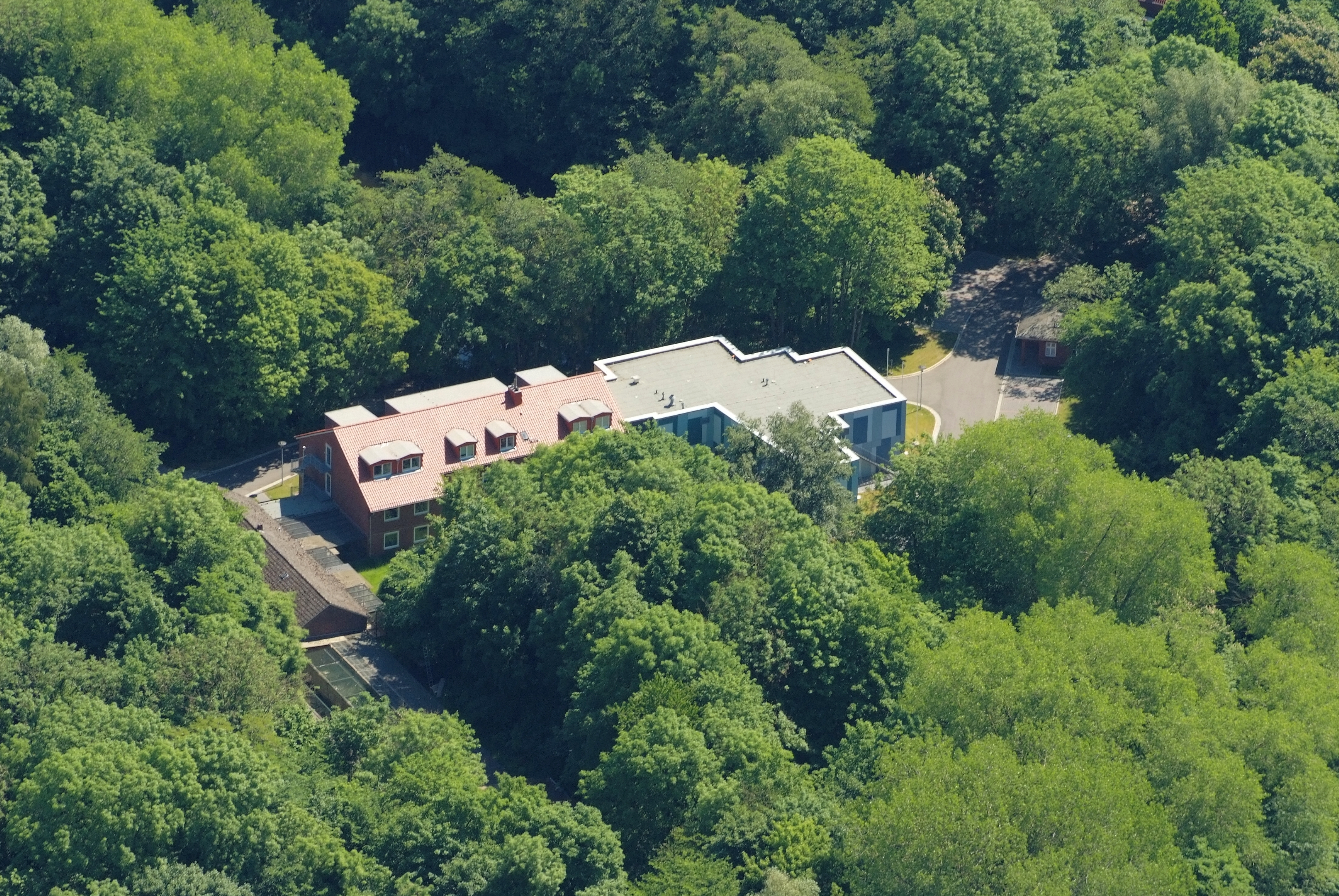Heligoland Bird Observatory on:
[Wikipedia]
[Google]
[Amazon]
 The Heligoland Bird Observatory (''Vogelwarte Helgoland'' in
The Heligoland Bird Observatory (''Vogelwarte Helgoland'' in
 The Heligoland Bird Observatory (''Vogelwarte Helgoland'' in
The Heligoland Bird Observatory (''Vogelwarte Helgoland'' in German
German(s) may refer to:
* Germany (of or related to)
** Germania (historical use)
* Germans, citizens of Germany, people of German ancestry, or native speakers of the German language
** For citizens of Germany, see also German nationality law
**Ge ...
), one of the world's first ornithological observatories, is operated by the Ornithologische Arbeitsgemeinschaft Helgoland e.V., a non-profit organization
A nonprofit organization (NPO) or non-profit organisation, also known as a non-business entity, not-for-profit organization, or nonprofit institution, is a legal entity organized and operated for a collective, public or social benefit, in co ...
which was founded in 1891 to support research on the fauna of Heligoland
Heligoland (; german: Helgoland, ; Heligolandic Frisian: , , Mooring Frisian: , da, Helgoland) is a small archipelago in the North Sea. A part of the German state of Schleswig-Holstein since 1890, the islands were historically possessions ...
, a small German
German(s) may refer to:
* Germany (of or related to)
** Germania (historical use)
* Germans, citizens of Germany, people of German ancestry, or native speakers of the German language
** For citizens of Germany, see also German nationality law
**Ge ...
archipelago
An archipelago ( ), sometimes called an island group or island chain, is a chain, cluster, or collection of islands, or sometimes a sea containing a small number of scattered islands.
Examples of archipelagos include: the Indonesian Arc ...
, comprising the islands of Heligoland and Düne, in the Heligoland Bight
The Heligoland Bight, also known as Helgoland Bight, (german: Helgoländer Bucht) is a bay which forms the southern part of the German Bight, itself a bay of the North Sea, located at the mouth of the Elbe river. The Heligoland Bight extends f ...
of the North Sea
The North Sea lies between Great Britain, Norway, Denmark, Germany, the Netherlands and Belgium. An epeiric sea, epeiric sea on the European continental shelf, it connects to the Atlantic Ocean through the English Channel in the south and the ...
. The principal research focus is on bird migration through banding studies. Over 400 species have been recorded. OAG Helgoland produces an annual bird report.
History
Heligoland is on a major migration route for birds crossing the North Sea; for centuries, both those on migration and those breeding there, were an important source of food for the islanders. In the early 19th century Heligoland also became a source of bird specimens for collectors and museums. Ornithologist and artist Heinrich Gätke first visited the island in 1837 and moved there permanently in 1841 as secretary to the British Governor. He began collecting specimens of rarities for both artistic and scientific purposes. He spent most of the next 60 years studying the birds and coined the term "Vogelwarte", producing a book ("Die Vogelwarte Helgoland") on his research in 1891, with an English translation published in 1895. The modern observatory was established in 1910 byHugo Weigold Max Hugo Weigold (27 May 1886 – 9 July 1973) was a German zoologist and a pioneer bird bander who worked at the Heligoland Bird Observatory, one of the world's first bird-ringing sites.
Weigold was born in Dresden. He studied natural sciences ...
with a systematic trapping and banding program using the " Heligoland traps" he developed.Hünemörder (1995).
References
Notes
Sources
* * *Further reading
* Bird observatories Bird migration Ornithological organizationsBird Observatory
A bird observatory is a centre for the study of bird migration and bird populations. They are usually focused on local birds, but may also include interest in far-flung areas. Most bird observatories are small operations with a limited staff, man ...
Organizations established in 1910
Animal welfare organisations based in Germany
1910 establishments in Germany
{{Germany-org-stub